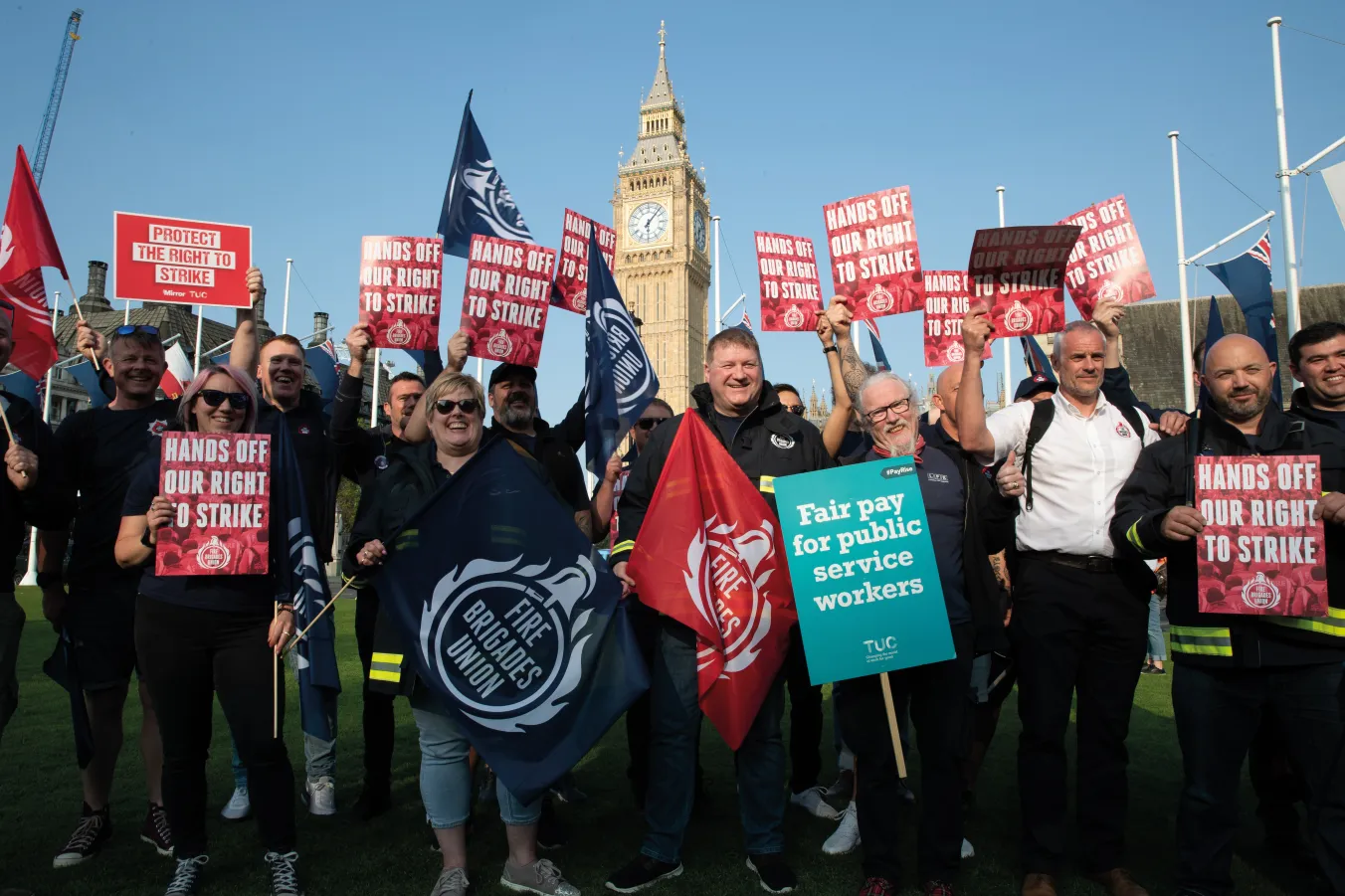The proxy war in Ukraine is heading to a denouement with the US and Russia dividing the spoils while the European powers stand bewildered by events they have been wilfully blind to, says KEVIN OVENDEN
Strikes Bill: trade unions and the authoritarian state
We know the legislation intends to compel unions to force a ‘minimum’ number of workers over their own picket line, but how exactly is not clear, write KEITH EWING and LORD JOHN HENDY KC

THE Strikes (Minimum Service Levels) Act 2023 received royal assent shortly before the summer holidays.
As readers of these columns will know, the Act imposes new and unprecedented restrictions on the right to strike, these restrictions extending potentially to six sectors: health services; fire and rescue services; education services; transport services; nuclear decommissioning; and border security.
The Act authorises ministers to make regulations for minimum service levels to be provided during a strike in each of these sectors.
More from this author

Labour’s long-awaited Employment Rights Bill does not do nearly enough to remove the restraints on trade unions or to give them the powers they need to make a significant difference to the lives of the millions of workers, write KEITH EWING and Lord JOHN HENDY KC

Professor Keith Ewing and Lord John Hendy KC examine the new deal for workers outlined in the King's Speech and what should follow it

by Professor Keith Ewing and Lord Hendy KC

The government is openly committed to meeting the social and financial crisis with attacks on working people rather than reform. That is why we must now launch our own programme, write KEITH EWING and LORD JOHN HENDY KC
Similar stories

Labour’s long-awaited Employment Rights Bill does not do nearly enough to remove the restraints on trade unions or to give them the powers they need to make a significant difference to the lives of the millions of workers, write KEITH EWING and Lord JOHN HENDY KC

FBU vows to press Labour to repeal anti-strike laws

We must be prepared to mobilise and build a mass movement against the Tories’ vicious anti-union law, writes Fire Brigades Union leader MATT WRACK

A group of unions and campaigners are calling on councils to explicitly reject the anti-worker legislation of the Strikes Act — or themselves face action, write ROB POOLE, CAROLYN JONES, ADRIAN WEIR and HENRY FOWLER









